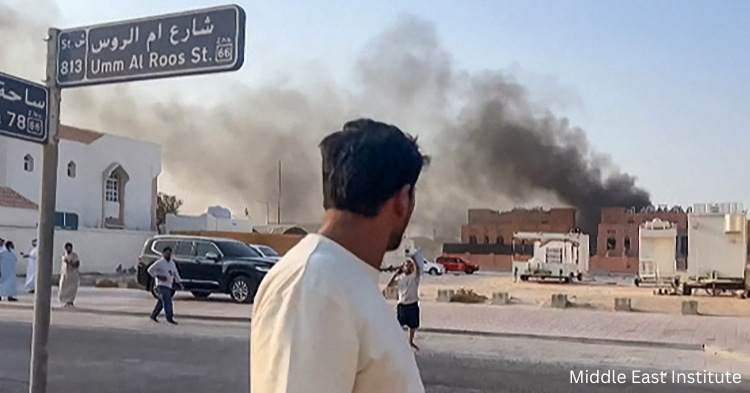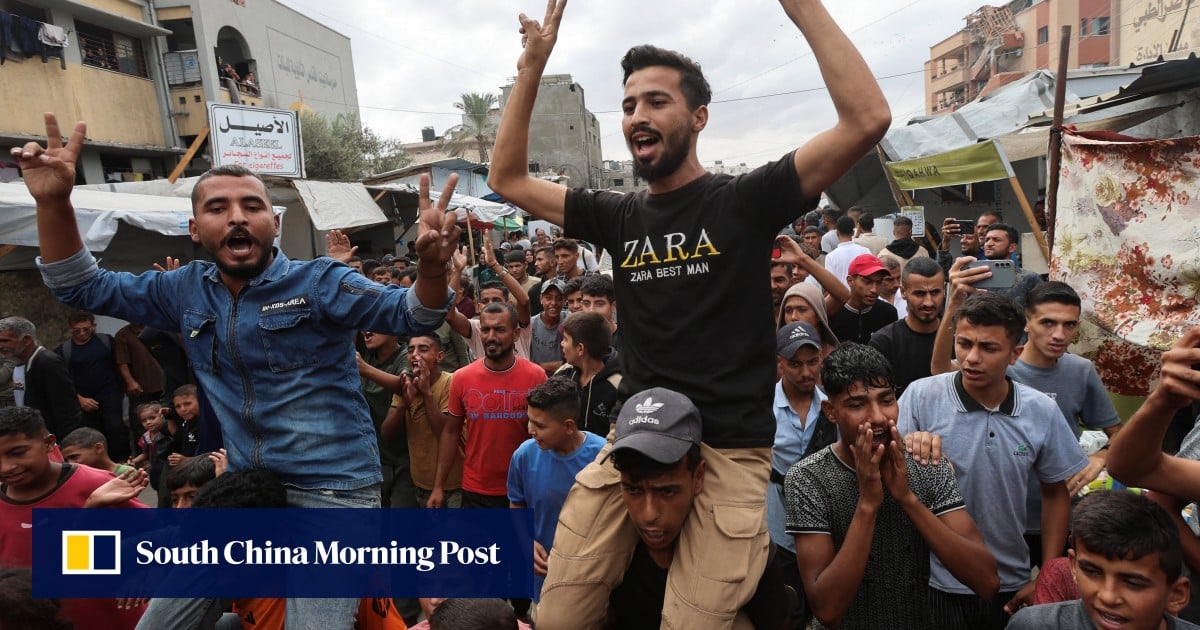Tensions in the Middle East escalated dramatically in early September when Israeli jets carried out a strike in Doha, Qatar, targeting a residential compound that housed senior Hamas officials. The attack, which coincided with ongoing peace negotiations, threatened to derail the fragile process aimed at ending the nearly two-year-long Gaza conflict. Behind the scenes, high-level diplomacy in Miami and Doha set the stage for both the strike and subsequent efforts to restore dialogue, revealing the delicate balance between negotiation, political maneuvering, and military actions.
The Miami Planning Session
The day before the strike in Doha, a critical meeting took place at the Miami mansion of Steve Witkoff, the Trump administration’s Middle East envoy. Alongside Jared Kushner, the former U.S. Middle East envoy, Witkoff hosted Ron Dermer, a close adviser to Prime Minister Benjamin Netanyahu. For over three hours, the trio worked through competing cease-fire proposals, aiming to present a coherent plan first to Qatar and eventually to Hamas.
Despite the intensive discussions, Dermer did not indicate that Israel was preparing a surprise missile strike against the very negotiators they were coordinating with. Kushner, leveraging his extensive diplomatic and business relationships across the Persian Gulf, had been collaborating with former British Prime Minister Tony Blair on a postwar plan for Gaza, which had been presented to the White House in August.
After the Miami meeting, Dermer spent additional hours on calls with Qatari officials, seeking to align diplomatic approaches ahead of the planned discussions.
The Unexpected Strike in Doha
Approximately 12 hours after Dermer’s final calls, Israeli jets struck a residential compound in Doha. Among those present were Khalil al-Hayya, Hamas’s top negotiator, and other senior figures connected to the Oct. 7 attacks on Israel. The strike killed a Qatari security officer and the son of al-Hayya but did not eliminate any senior Hamas officials.
Trump and Witkoff learned about the strike only as it was occurring. Witkoff immediately contacted his Qatari connections to clarify that the White House had no involvement in the attack, attempting to mitigate diplomatic fallout.
The incident enraged Qatari officials, who felt blindsided and betrayed, as they had been acting in good faith to mediate the conflict. The government in Doha viewed the strike as undermining their credibility and authority as intermediaries, effectively suspending their role in the negotiations.
Diplomatic Fallout and Regional Tensions
Prime Minister Sheikh Mohammed bin Abdulrahman al-Thani condemned the Israeli action, declaring it a “decisive moment” requiring a regional response and accusing Israel of sabotaging peace efforts. Arab nations convened an emergency summit on September 15 at the Sheraton Hotel in Doha, publicly criticizing Israel for its aggressive actions.
Behind closed doors, representatives from several Arab and Muslim countries worked on a list of key demands to be incorporated into any future peace deal. These included:
- Preventing Israel from resuming military operations in Gaza
- Prohibiting annexation or territorial occupation
- Halting forced displacement of Palestinian civilians
This coordinated diplomatic effort highlighted the importance of regional consensus in resolving complex conflicts and demonstrated that military actions can complicate even carefully planned negotiations.
White House Response and Strategic Considerations
While the Doha strike initially appeared to disrupt negotiations, some U.S. officials viewed the misfired attack as an opportunity. Israel’s failure to hit key targets angered Washington and influential Arab nations, creating leverage to pressure Netanyahu into accepting concessions he had long resisted.
Witkoff and Kushner worked to reassure Qatar and other mediators that the United States remained committed to the peace process. They emphasized that the White House had no role in the strike and sought to rebuild trust with regional partners, highlighting the delicate diplomacy necessary to maintain credibility in the region.
Lessons from Miami and Doha Diplomacy
The sequence of events underscores the high-stakes and often unpredictable nature of Middle East diplomacy:
- Coordination vs. Surprise Actions: Even well-planned diplomatic efforts can be undermined by unexpected military moves.
- Regional Leverage: Countries like Qatar and Egypt play a crucial role in mediating conflicts, leveraging their access to key negotiators.
- Political Calculations: Both Israel and the United States balanced military, political, and diplomatic objectives, sometimes with conflicting results.
- High-Level Engagement: Individuals such as Kushner, Witkoff, and Dermer illustrate the impact of personal relationships and informal channels in international diplomacy.
The events demonstrate how fragile peace negotiations can be and how careful management of both diplomacy and military operations is essential to prevent escalation.
Conclusion
The Miami and Doha diplomacy preceding the Israeli strike illustrates the intricate interplay between negotiation, strategic calculation, and military action in the Middle East. While the strike initially threatened to derail peace efforts, subsequent engagement by the United States, Qatar, and other Arab nations demonstrated the resilience of diplomacy in high-stakes situations. The episode underscores that successful conflict resolution requires trust, communication, and careful coordination—elements that were momentarily disrupted but ultimately reaffirmed in the following weeks of intense negotiation.
%20(4).png)




.png)

.png)
.png)
